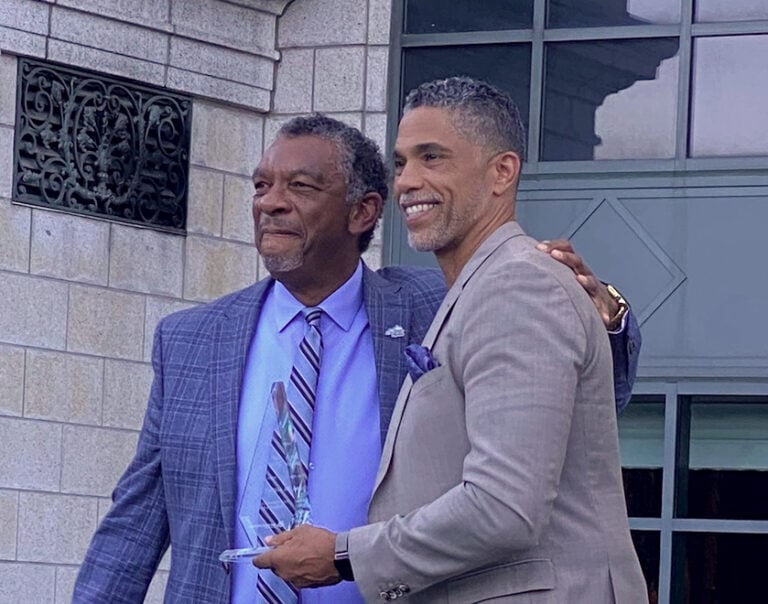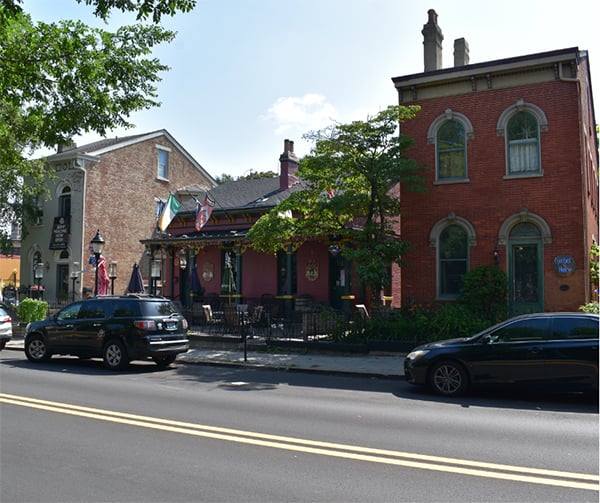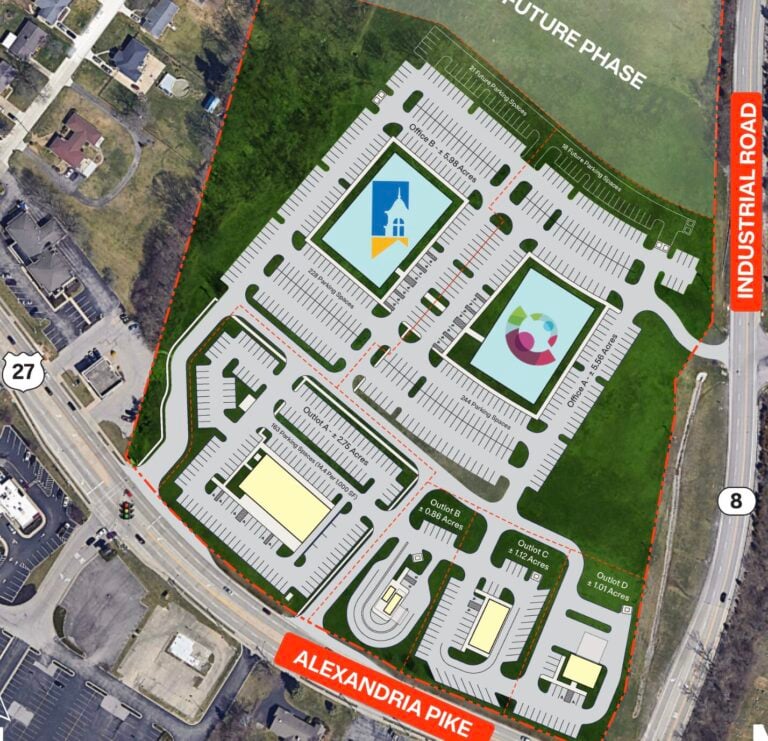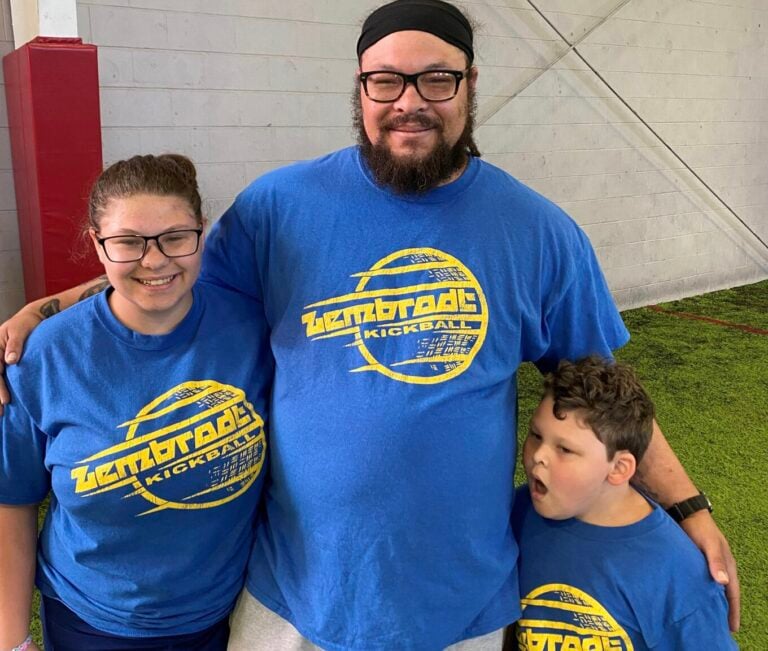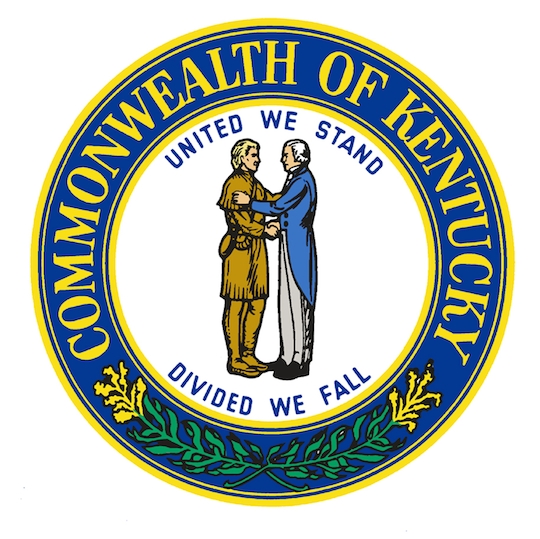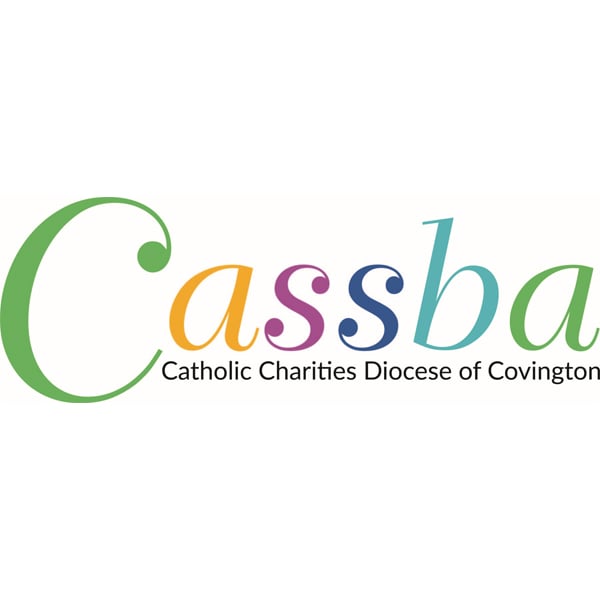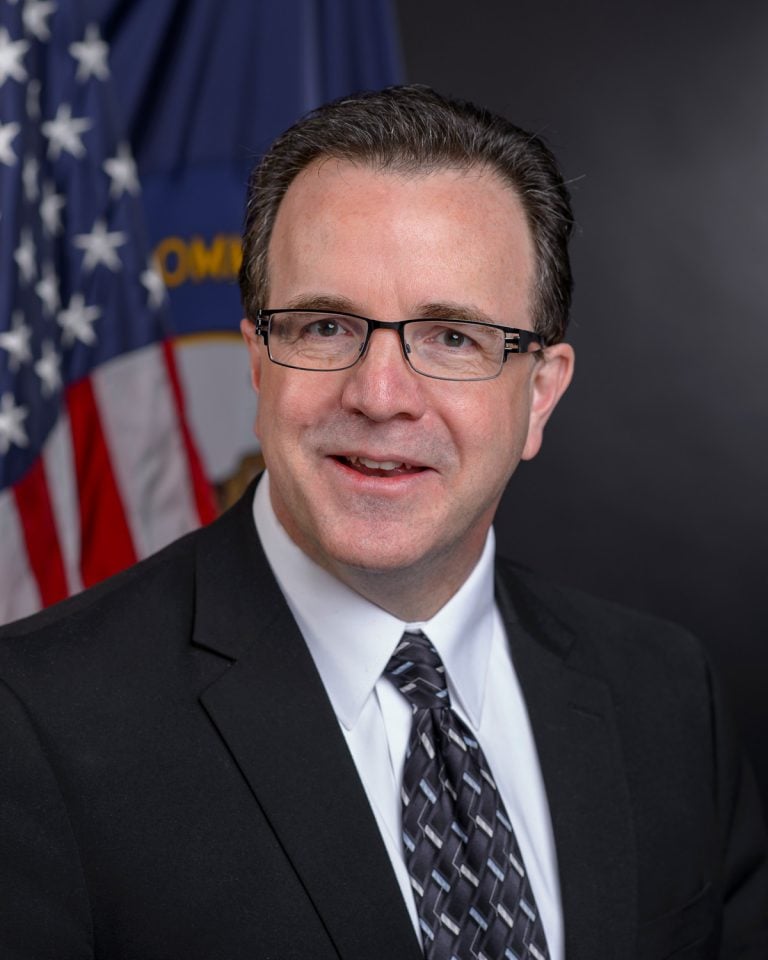The Kentucky Cabinet for Health and Family Services (CHFS) has received a four-year federal grant of up to $3 million per year to support the behavioral and social health of youth through comprehensive services and community partnerships.
The U.S. Substance Abuse and Mental Health Services Administration (SAMSHA) has awarded CHFS the grant for its System of Care (SOC) with the goal to improve behavioral health outcomes for youth through age 21 who have child welfare involvement and meet certain behavioral health criteria.

For this project, child welfare-involved families refers to those whose child abuse and/or neglect investigation has resulted in a substantiation or services needed finding.
CHFS Secretary Adam M. Meier said the grant supports the Cabinet’s mission to enhance the health, safety and well-being of all Kentuckians.
“This grant gives our staff and partners better opportunities to address the complex needs of youth who are involved in the child welfare system,” he said. “By facilitating improved access to evidence-based and culturally-competent services, the framework of this grant allows us to focus on each individual child and achieving good behavioral health outcomes through the best possible treatment.”
The CHFS Department for Behavioral Health, Developmental and Intellectual Disabilities (DBHDID) will administer the grant with support from CHFS agencies including the Department for Community Based Services, the agency that administers child protective services.
The grant start date was Sept. 30, 2019, and matching state funding or cost sharing is required.
DBHDID Commissioner Wendy Morris said the grant builds on an already strong System of Care.
SAMHSA defines SOC as “a spectrum of effective, community-based services and supports for children and youth with or at risk for behavioral health or other challenges and their families.
It is organized into a coordinated network, builds meaningful partnerships with families and youth, and addresses their cultural and linguistic needs to help them to function better at home, in school, in the community, and throughout life.” The Kentucky DBHDID Children’s Services Branch operates all of its programs in accordance with SOC values and principles.
“This grant allows BHIDD to realize our departmental goal of ‘supporting and promoting the behavioral health and wellness of children and families involved with or at risk of involvement with child welfare,’ ” Morris said.
Morris said DBHDID has implemented four previous SOC grants from SAMSHA, but this is the first to focus on families with child welfare involvement.
DCBS Commissioner Eric Clark said that this SOC grant will be a complementary resource in efforts to transform the state’s child welfare services and implement the federal Family First Prevention Services Act (FFPSA), which draws down federal funds to provide services – including mental health and substance use treatment – to families with children who are at risk of entering the child welfare system.
“Through its framework of cross-agency collaboration, this System of Care grant supports our Child Welfare Transformation and its three goals of safely reducing the number of children entering out of home care, reducing caseloads and improving timeliness to appropriate permanency,” Clark said.
Clark also noted that one of the goals of the SOC grant is to “sustain the voice of the children, youth, and their families” at all levels of the program.
“That effort corresponds exactly with what we have been doing through our transformation – giving a greater voice to the most important stakeholders – children and families – and welcoming them alongside us in creating policy and processes,” Clark said.
Service areas were selected for the grant based on data showing high need for and low access to mental health services.
In the grant period’s first two years, DCBS’ Cumberland and Two Rivers service regions will implement grant activities. The Lakes and Salt River Trail DCBS service regions will implement grant activities in Years Three and Four.
See a listing of counties in these regions here.
Morris said services are expected to support 1,485 youth over the grant period.
“For families in the child welfare system, behavioral health and other challenges can be escalated, and no one group or agency can address them alone,” she said. “Through its collaborative framework, this grant will have positive impact on hundreds of youth and their families, leading to a lifetime of better health and a brighter future.”
Learn more about the System of Care and the CHFS programs and agencies here.
Cabinet for Health and Family Services








